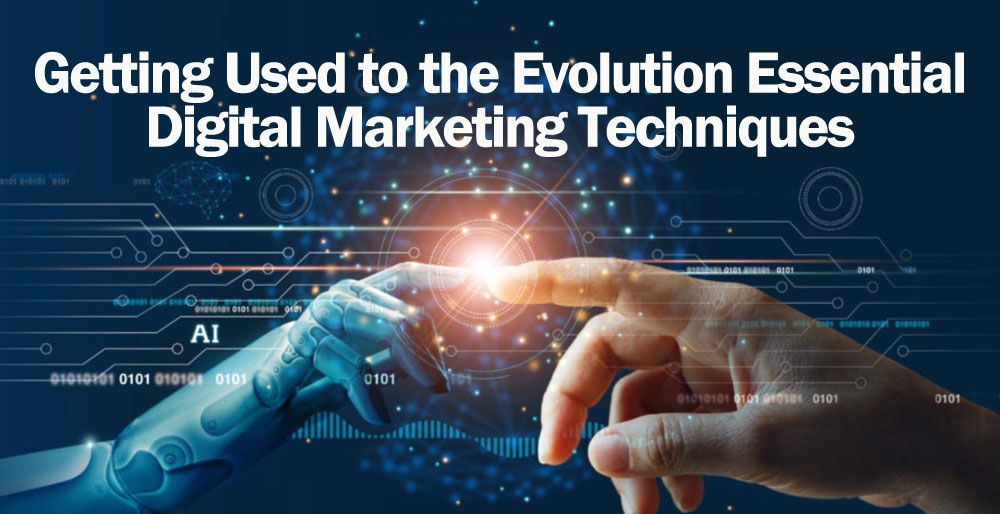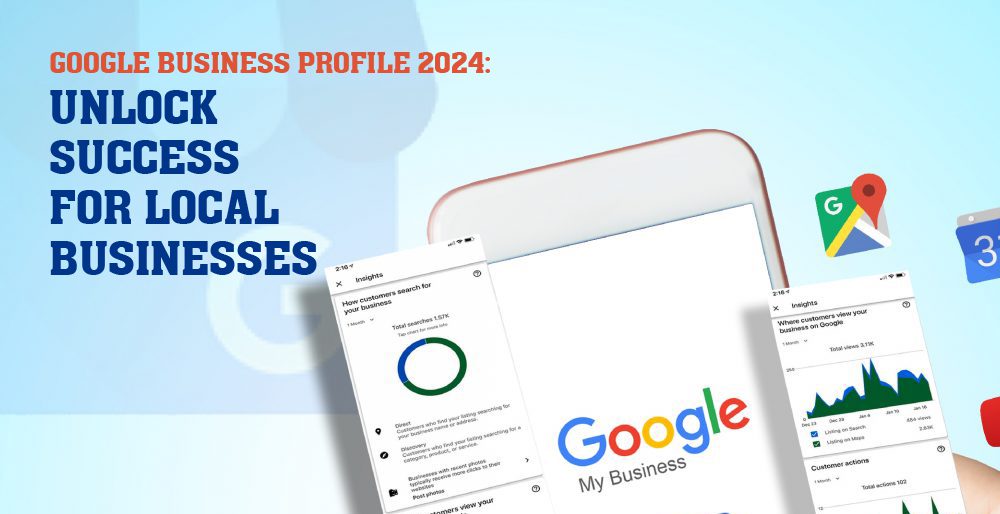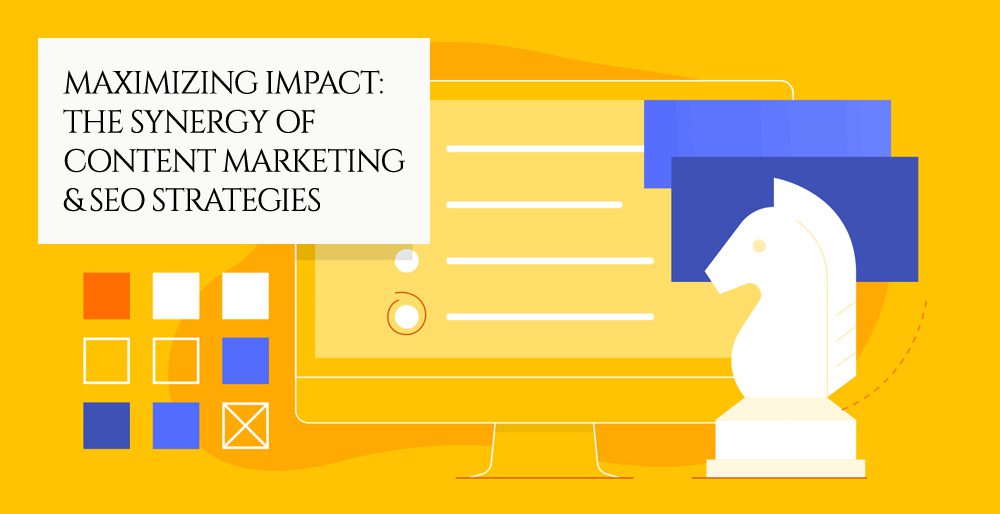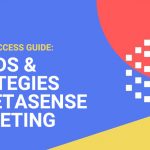
It can be frustrating and intriguing at the same time for a digital marketer, content marketer, or SEO to figure out Google’s search algorithm. While countless articles are attempting to clarify this issue, they tend to be more speculation and opinion than anything concrete.
Can you let us explain how Google’s search algorithm works and how you can ensure your content is aligned with it?
Google’s Search Algorithm: What Is It?

Content is ranked based on the Google search algorithm, which is Google’s internal process. Rankings are based on several factors, including relevance and quality of content against a particular search query.
To better understand how Google ranks sites, it’s essential first to understand the broader context of the ranking process.
The following three stages make up this process:
- Crawling: Google’s bots (the infamous “spiders”) crawl the web and look for new or updated pages to index.
- Following indexing, Google looks at these URLs to determine what they are about.
- A huge database known as the Google index is created by examining the page’s content, images, and other media files.
- Final step: Select the most relevant and useful pages for a particular search. The Google search algorithm comes into play at this stage, known as the ranking stage.
Google’s Search Algorithm: How Does It Work?
It’s hard to answer this question because no one outside of Google’s inner circle knows.
The reason for this is twofold. A close-guarded business secret, the algorithm would greatly devalue the company if it were released.
This results in many digital marketers and SEOs speculating about how the algorithm works and what they should do to rank. In spite of this, Google isn’t entirely silent about the issue because the algorithm itself is off-limits.
How Does Google Algorithm Determine Ranking Factors?
Due to Google’s refusal to disclose its ranking factors, we know only a little about its algorithm. As a result, no one is quite sure what boxes to check to rank on the first page. As a result, here is what we know about ranking factors:
- Slow websites offer poor user experiences, so Google updates may impact your page speed.
- Use relevant keywords in your content and create relevant content around them, despite not stuffing your website with them.
- You should make your website easy to use and user-friendly.
- Make sure you link to informative, relevant content if you want to rank on Google. There may be a problem with irrelevant links.
- As Google ranks and indexes mobile versions of websites, “mobile-friendliness” is a ranking factor.
- Since secure websites are more trustworthy, Google generally prefers them.
- As a final note, Google may affect websites with low quality pages and high bounce rates.
What is the frequency of Google algorithm changes?
A minor change to Google’s algorithm is made every day. Several updates might be released in a 24-hour period.
These updates are usually small, so you probably won’t notice a difference in your search engine rankings.
In contrast, “core” updates cannot be said the same. A few times per year, Google makes these larger, more sweeping changes, which can directly impact your website.
You should look out for a core update every once or twice a year.
Whenever Google releases an algorithm update, how do I know?
There’s no need to keep track of every change Google makes to its algorithm. Tracking core updates, however, is crucial to adapting your SEO strategy.
Create a Google Alert to be notified when algorithm changes occur. Every time an algorithm update is mentioned online, you’ll receive a notification straight to your inbox, so you can start preparing for the upcoming changes as soon as they happen.
Follow Google Search Liaison on Twitter if you’re a Twitter user. The account is an official one where you’ll be notified of core algorithm updates. Follow this account to keep track of any mentions of algorithm changes on social media, since Google Alerts do not work on social media:
Google Analytics can also help you identify changes to the algorithm. Google Analytics can help in what ways? Identifying unusual fluctuations in traffic and conversions can be one benefit of it. Looking closely at your performance, you can determine if a Google algorithm change has affected you.
Your Website’s Google Algorithm Update: How to Determine Which One Hit It
Is your traffic declining rapidly lately? There could be a change in the algorithm responsible. You can determine what update just hit your website and how to recover from the penalty in two ways:
- The first thing you should do is check out Google Search Central (formerly Webmasters). Multiple resources are available on this platform to help you diagnose common performance problems and identify possible algorithm penalties.
- You can use Google’s free analytics tool, Search Console, to find out more about your traffic. With Search Console, you can monitor your site’s performance or identify mobile usability issues.
The combination of these tools can help you keep track of Google’s algorithm changes easily.
Google Search Algorithm: What Are the Most Important Factors?

The algorithm takes into account a number of factors, as Mueller and Google have said in the past, as well as how these factors can be applied to SEO.
1. Intent and Meaning
A key component of Google’s search algorithm is understanding and clarifying the search query’s meaning and intent. Once again, the mechanisms behind this are a secret, but we know they allow the search engine to learn:
- Query scope. Does the searcher want results around a broader topic, such as “how to get into gardening,” or a more specific one, like which gardening tool is appropriate for which task?
- Synonyms. It took Google five years to build a system that can determine whether “changing a light bulb” means “replacing a light bulb”.
- Language. Do Spanish-language search queries indicate the searcher wants Spanish-language results?
- Locality. If the searcher wants to find out the opening hours of their local McDonald’s, or are they trying to find information about McDonald’s in general, what are they searching for?
- Freshness. Google can interpret that the searcher only wants information that is up-to-date if, for example, they are looking for Tesla stock prices or Premier League scores.
Because of this, you should ensure that your content is optimized accordingly. Your keywords should have clear intent (you can do this using keyword research tools), and you should pay close attention to your local SEO tactics if your business is local.
2. Relevance
After understanding the meaning and intent of a query, the algorithm looks up relevant pages in the Google index.
On-page SEO is important here, since it is one of the most basic signals of relevance to have the same keywords in the heading of your page as in the search query.
In addition, Google analyzes “aggregated and anonymized interaction data”, meaning it considers more than just keyword mentions when determining the relevance of a page. To increase the chances of your content being read, it’s important to establish an actual topic beyond your keyword. By doing so, you can make sure that your content is relevant to the search query.
3. Quality
As Mueller has frequently mentioned quality as a ranking factor in recent years, Google has even implemented detailed guidelines to give SEOs and content marketers a clear understanding of what it prefers.
Ensure your content is as good as it can be. Our algorithms reward that behavior.
Many of Google’s guidelines emphasize the concepts of expertise, authority, and trustworthiness, which can help you determine the quality of your content. The company’s E-A-T process is built around these three pillars.
4. Experience of the user
When Google’s algorithm identifies “persistent user pain points”, it promotes more usable pages over less usable ones.
Accordingly, the search algorithm favors sites that:
- The page loads and appears correctly on different web browsers (i.e. Chrome, Firefox, etc.).
- Support a variety of devices (such as desktops, laptops, tablets, and mobile phones)
- Users with slow internet speeds will benefit from quick loading times.
5. Context
There is a close relationship between this ranking factor and relevance, but it also considers the searcher’s context and settings.
The American Football (i.e. NFL) results for today will likely be displayed if someone searches for “today’s football results” in the US. Those in the UK, however, will probably see soccer (e.g. Premier League) results if they search for the same thing.
Also, the algorithm can consider the searcher’s preferences when logged into their Google account, especially if they surf the web while logged in. The algorithm might give priority to music concerts when the user searches for “events near me” if it knows the user is interested in music.
At this algorithm stage, you can’t implement any tactics to improve your site’s performance as these factors depend on the searcher.
Conclusion of the Google Algorithm
What’s the bottom line? As Google’s algorithm changes frequently, your SEO strategy can be affected. If Google announces its next core update, you should take a look at how it might affect your page rankings, and if you need any assistance, feel free to check out my consulting services.
To avoid algorithm penalties, we at MetaSense Marketing focus on creating valuable content for your users, fixing broken links, replacing low-quality backlinks with new ones, and implementing an SSL certificate.
Designing, building and implementing Award-Winning Digital Marketing Strategies.
Contact me directly at 856 873 9950 x 130
Or via email at : Support@MetaSenseMarketing.com
Check out our website, get on our list, and learn more about Digital Marketing and how MetaSense Marketing can help.
https://www.metasensemarketing.com
For more information and to schedule an appointment, CLICK HERE.
MetaSense Marketing Management Inc.
866-875-META (6382)
support@metasensemarketing.com





















